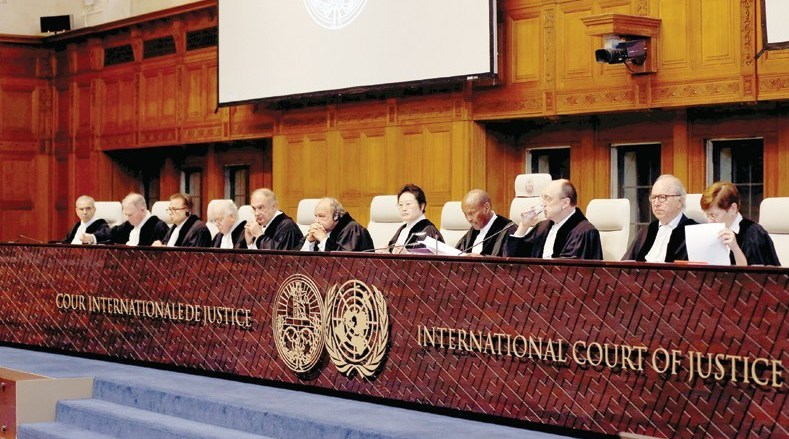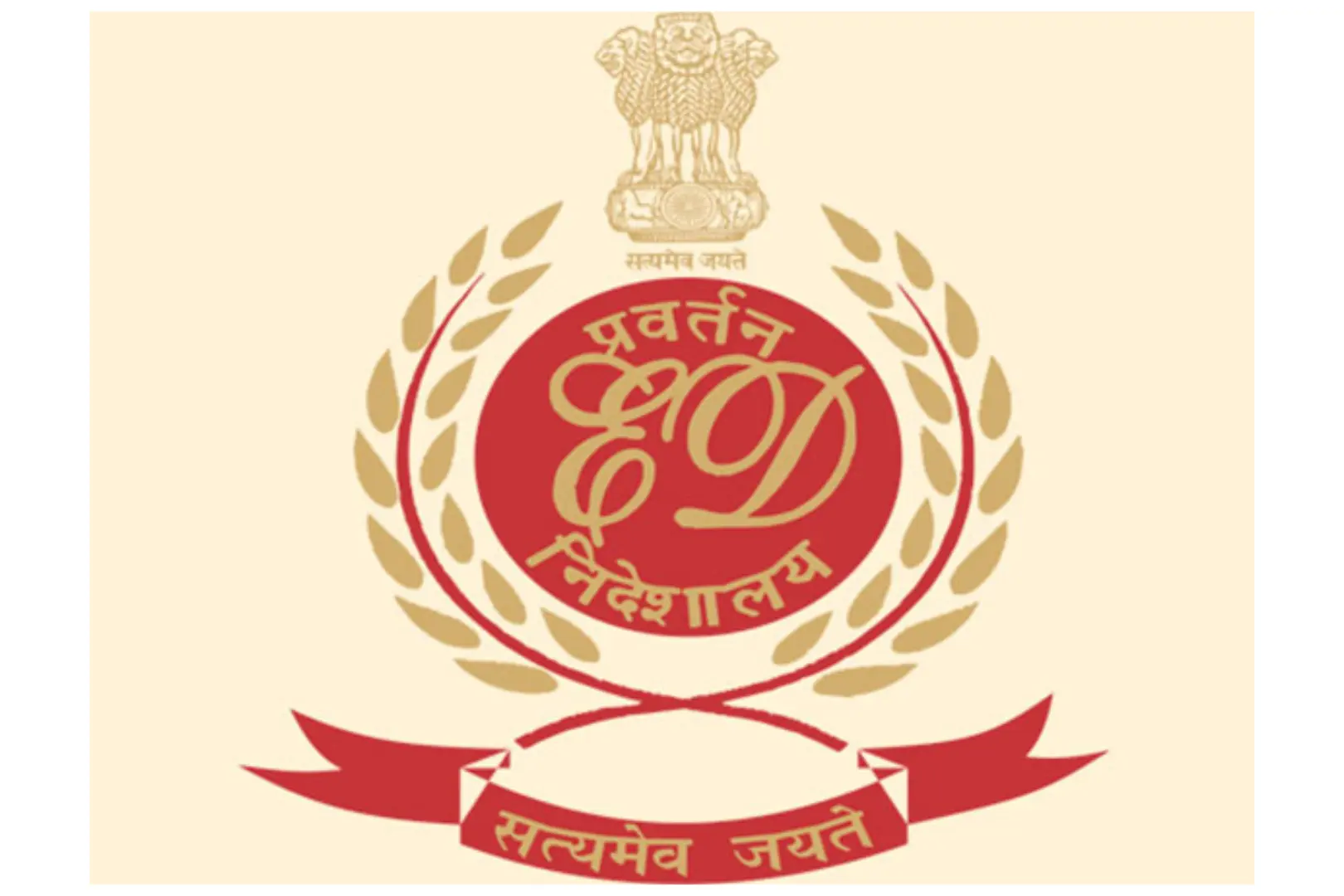The term “National Court of Justice” can be a little ambiguous. There isn’t a single global court system that holds that title. However, depending on the context, it could refer to a couple of different things:
1. Highest Court of a Nation:
In most countries, the highest court in the judicial system is often referred to as the National Court of Justice, Supreme Court, or Constitutional Court. This court holds the ultimate authority on legal matters within the country’s borders and interprets the constitution. Examples include:
- India: Supreme Court of India
- United States: Supreme Court of the United States
- Canada: Supreme Court of Canada
2. International Court of Justice (ICJ):
The ICJ, located in Hague, Netherlands, is the principal judicial organ of the United Nations. It settles legal disputes between states in accordance with international law. While not technically a national court, it functions as a court of justice for resolving international conflicts.
Here’s a breakdown of both possibilities in more detail:
Highest Court of a Nation:
- Function:
- Reviews lower court decisions and ensures they comply with the constitution and existing laws.
- Makes final rulings on legal matters.
- Safeguards fundamental rights of citizens.
- Interprets the constitution in cases of ambiguity.
- Composition:
- Comprised of a group of judges, typically appointed for life or a long tenure.
- Selection process varies by country, often involving government and legislative bodies.
- Significance:
- Maintains stability and consistency within the legal system.
- Protects individual rights and liberties.
- Sets legal precedent for future cases.
International Court of Justice (ICJ):
- Function:
- Resolves legal disputes submitted by member states of the United Nations.
- Interprets treaties and international conventions.
- Issues advisory opinions on legal questions referred by UN bodies or specialized agencies.
- Composition:
- 15 judges elected by the UN General Assembly and Security Council for nine-year terms.
- Ensures representation from the main legal systems of the world.
- Significance:
- Promotes peaceful settlement of international disputes.
- Upholds international law and legal principles.
- Contributes to the maintenance of international peace and security.
In conclusion : understanding the context is key to determining what “National Court of Justice” refers to. It can represent a nation’s highest court or the international court for resolving disputes between countries.
Both play crucial roles in ensuring justice and upholding the rule of law within their respective spheres.




